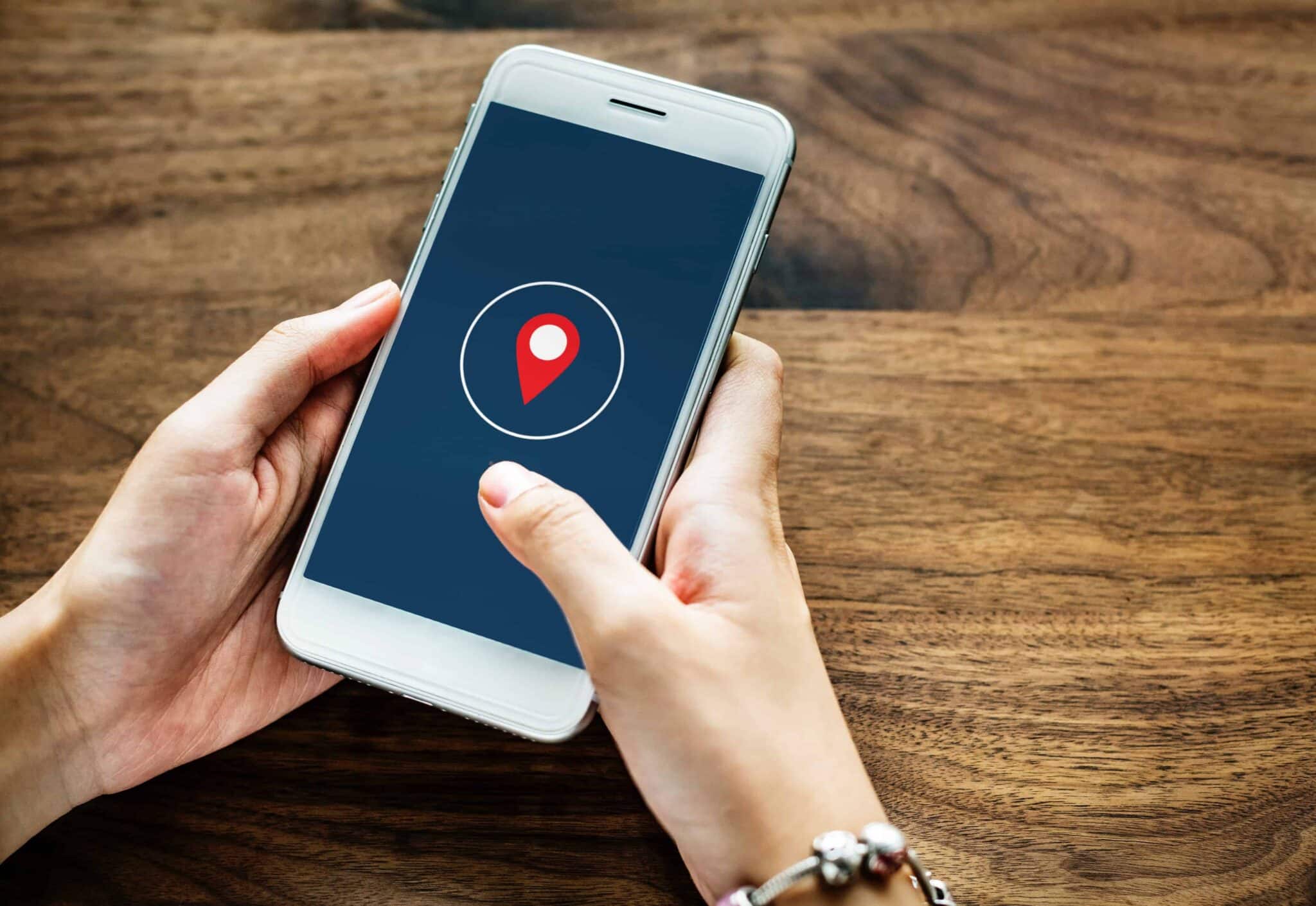Following the removal of the federal ban (PASPA) on sports betting in 2018, the US online gambling industry is now experiencing its first boom period. Other countries are also witnessing a similar digital wagering renaissance. According to the American Gaming Association, one year after the Supreme Court decided to strike down PASPA, US residents put down $8 billion in bets on sporting events. Even illegal betting markets increased in size following the ruling.
Currently, twenty US states allow this activity, and many more are passing similar legislation. Due to this diverse legal landscape, operators can only provide their services to only users in jurisdictions that allow this practice. Technology issues like geo-location software forbid players from specific states to enjoy this pastime by restricting their access to gambling sites.
Why Are Geo-Locations Checks Necessary?
Not only states, but countries as well, regulate land-based and online gambling differently. Some outright prohibit this activity. In others, it is de facto legal, and many only allow residents to enjoy specific types, such as the lottery. Pennsylvania is an interesting case. The Keystone State allows both online and land-based gambling, but they do not permit mobile betting inside brick-and-mortar casinos.
For an operator to determine whether you, as a potential gambler, can deposit, bet, or even view their service, they first must know your physical location. They must find out if you are legally permitted to use their platform before allowing access. It is not a matter of choice. They are required to do this by law to remain operational.
How Geo-Location Technology Works
Geo-location is the physical location of a device that has established a connection to the internet. When online poker first got regulated in the US, popular platforms relied on a combination of your phone’s GPS signal and IP address to figure out your location. However, this process was highly ineffective, particularly for players that lived close to a state’s border. Several years later, New Jersey implemented a new system that used Wi-Fi network triangulation. It was far more precise, and it is the method that most top operators use today.
Should You Spoof Your Location?
To trick geo-location software and avoid player location checks, you can utilize a virtual private network, better known as a VPN. These services let you connect to a server in another part of the world, and they allow you to browse the internet using its IP address. In essence, it is a virtual tunnel that you can use to search the internet anonymously.
Operators know that these services are widespread and need to be transparent about their practices. That is why they feature specific clauses in their terms, stating that they do not allow their use. Gambling companies are trying to avoid the legal ramifications associated with allowing players from forbidden regions to access their platforms. They are also trying to stop bonus abuse, the practice of creating multiple accounts to claim the same bonus several times over. If they discover that you have been utilizing a VPN service, you risk the operator closing your account and losing your deposited funds.
